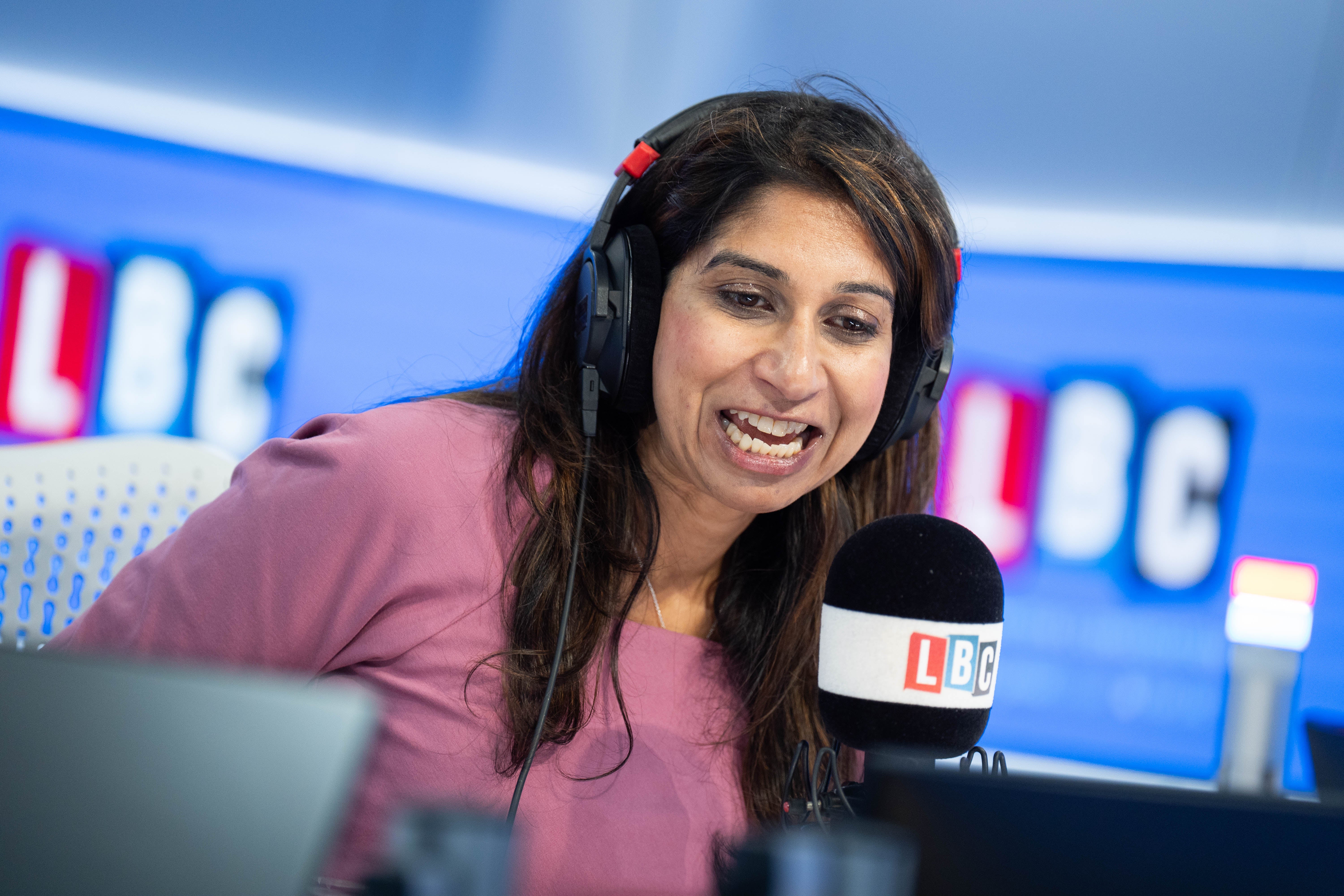Why have the Tories opted for such a long leadership election campaign?
Short of money after a bruising election defeat, the party may seek to use the autumn conference as a platform for hustings, says John Rentoul


After a long and inconclusive meeting last week, the Conservative Party has finally decided the rules for the election of a successor to Rishi Sunak. The former prime minister has agreed to stay on as acting leader until the new leader is elected on 2 November.
Supporters of Kemi Badenoch, the shadow housing secretary, have lost out – in that she is the favourite, and a long campaign is likely to work against the front runner. The last time the party “went long” was in 2005, when Michael Howard stayed on in a deliberate attempt to promote the chances of his chosen ones, David Cameron and George Osborne.
Howard succeeded in his aim, because Cameron, who was given the education brief, embarrassed Tony Blair’s government by supporting his school reforms against Labour backbenchers. Cameron then overtook David Davis, the early favourite, by delivering a “no notes” speech at the party’s annual conference and winning the vote of party members.
This time, however, it is not obvious that Sunak or other grandees have a particular candidate in mind. One of the reasons for the long campaign this time is that the party is short of money, and using the party conference as a platform for hustings is a thrifty option.
What are the rules?
Nominations open on Wednesday and close on Monday at 2.30pm. Candidates need the support of 10 other MPs (they are not allowed to nominate themselves). Arithmetically, that means 10 candidates could qualify, assuming that Sunak and deputy speakers do not take part), but the actual number is more likely to be five or six.
There will be ballots of MPs, if needed, to reduce the number of candidates to four, presumably by the end of Tuesday, the start of the summer recess. The four will take part in a “beauty contest” at the party’s annual conference in Birmingham at the end of September.
When the Commons resumes on 7 October, Tory MPs will hold two more rounds of voting, to reduce the list to two candidates, whose names will go to party members. Only those who have been members since Wednesday (24 July) will be entitled to vote. They will vote online, with the ballot closing on 31 October, and the result will be announced on Saturday 2 November, three days before the US presidential election.
Who are the likely candidates?
Apart from Badenoch, in alphabetical order, the candidates with a chance of securing 10 nominations include Victoria Atkins, James Cleverly, Robert Jenrick, Priti Patel, Mel Stride and Tom Tugendhat. They probably won’t all make it, and Suella Braverman, who has the highest profile, will struggle to reach the starting gate – which will only increase speculation that she will defect to Reform UK.
There has been some speculation that the rules have been designed to reduce the chances of party members being able to vote for a “right-wing” candidate after they chose Liz Truss last time. But with Braverman unlikely to make it onto the ballot in the first place, let alone to get through to the final two, that is a small risk: all the other candidates have some support from party centrists.
How will the campaign play out?
This is the big unknown. Opinion polls of Conservative members suggest that Badenoch is in the lead, with no clear ranking of the rest. An unusual poll by Techne asked Tory members to rank five candidates in order of preference, which suggested that Patel had the most first preferences, but was less favoured as a second, third or fourth choice, meaning that Badenoch would win. But it included only Braverman, Jenrick and Tugendhat, omitting Cleverly, who is likely to make the last four.
A long campaign can develop in unexpected ways. Badenoch delivered a striking speech in her first parliamentary outing as Angela Rayner’s shadow on Friday – in which she tried to exploit the tense relationship between Rayner and the prime minister. It impressed some Tory MPs as a combative performance, but others thought the tone was misjudged for a party that has just been thrashed in a general election.
With the contest being wide open, it is unclear whether a long campaign will look like an extended Tory civil war, or whether the interest generated by an unpredictable election might help the Tories appear relevant.


Join our commenting forum
Join thought-provoking conversations, follow other Independent readers and see their replies
Comments